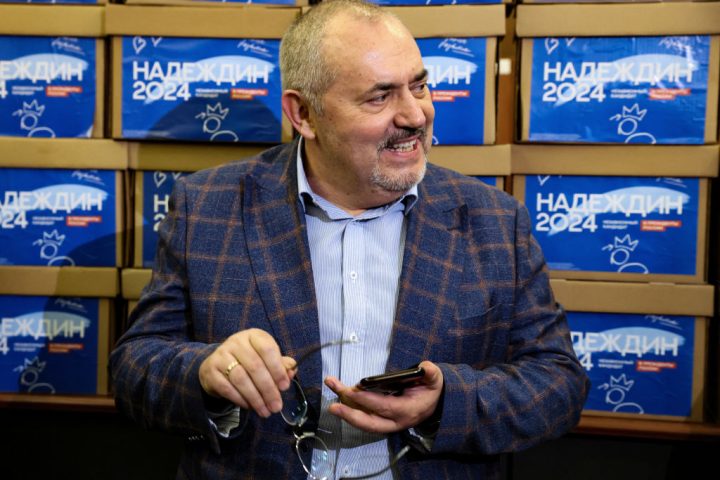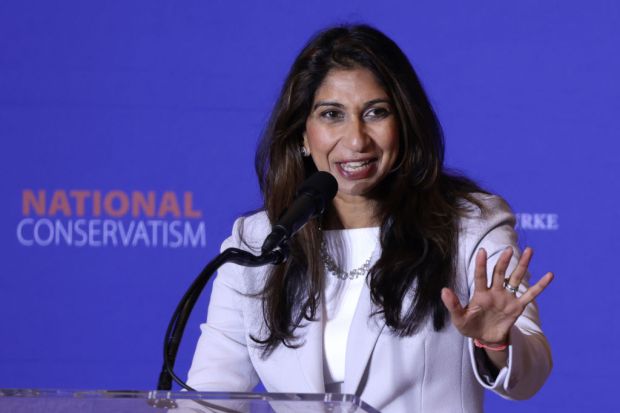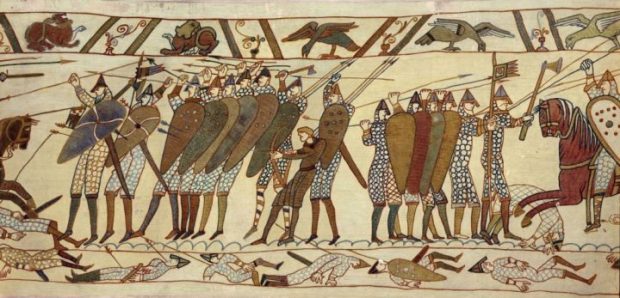Will the anti-war politician Boris Nadezhdin be allowed to run against Vladimir Putin for the Russian presidency? That’s the question Russians are wondering this week after the independent candidate submitted the signatures he needed to get onto the ballot for March’s election.
Nadezhdin claimed to have collected 105,000 signatures from across Russia – the maximum a non-party affiliated candidate can submit to be considered for the presidency.
Already a subscriber? Log in
Subscribe for just $2 a week
Try a month of The Spectator Australia absolutely free and without commitment. Not only that but – if you choose to continue – you’ll pay just $2 a week for your first year.
- Unlimited access to spectator.com.au and app
- The weekly edition on the Spectator Australia app
- Spectator podcasts and newsletters
- Full access to spectator.co.uk
Or




















Comments
Don't miss out
Join the conversation with other Spectator Australia readers. Subscribe to leave a comment.
SUBSCRIBEAlready a subscriber? Log in